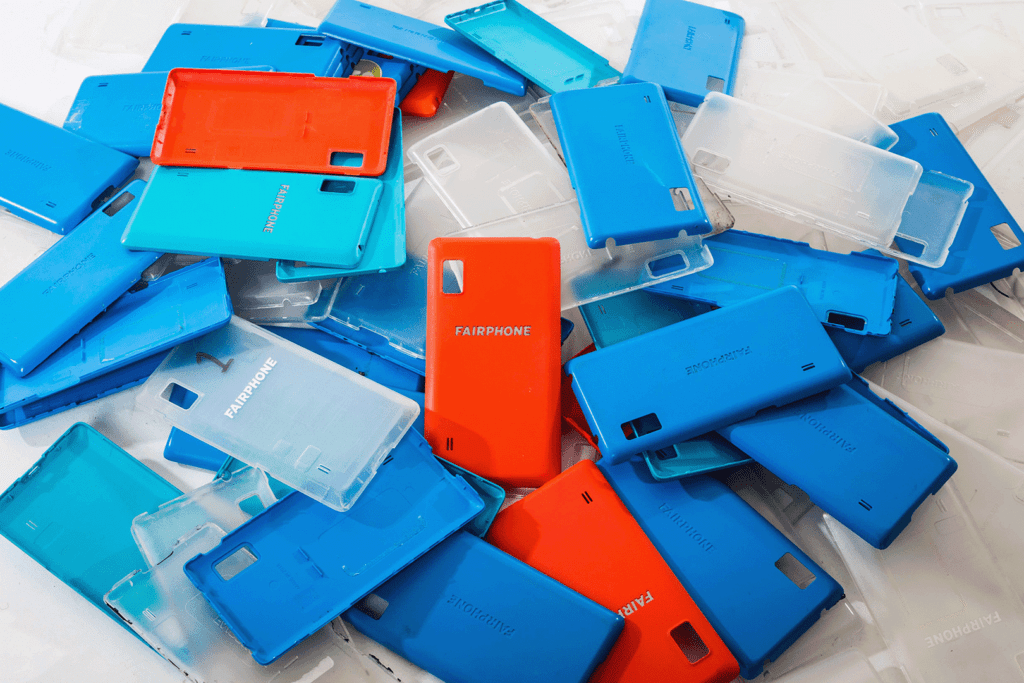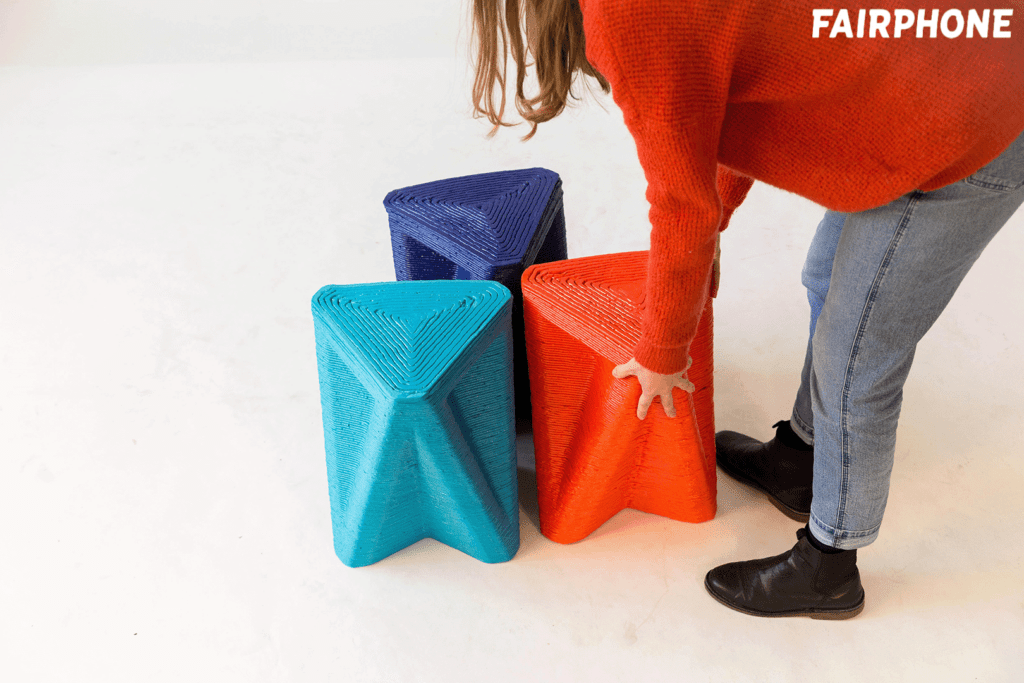This is how Fairphone is changing the smartphone industry from the inside out
Creating fair(er) phones, that is Fairphone‘s mission. As Circular Innovation Lead, Miquel Ballester knows all about how to make an impact. We interviewed him about his role at Fairphone, ambitions and future plans.

You have been with Fairphone pretty much from the start. What makes Fairphone unique, according to you??
We zijn een sociale onderneming en we zijn geboren vanuit de behoefte om sociale en We are a social enterprise, and we were born to inspire social and environmental change in the electronics industry – through the development of our own product, which makes all of our projects much more tangible and powerful. What makes us unique is the impact that we have with this approach: Sustainability is not an afterthought, it’s at the core of what we do.
You are the Circular Innovation Lead at Fairphone. How would you describe this role?
I’m part of the Value Chain Innovation team. We’re always looking for new opportunities and collaborations to make an impact in the electronics industry. My focus within the team is anything that has to do with the transition to the circular economy. This doesn’t only include recycling but also the design and longevity of our product. We did a project in Ghana for example, in which we collected old phones and recycled them.

What would a typical day look like for you?
I’m an early bird, so I usually get to the office at 7:30 am. When there’s no one around, I can focus best. I write briefings for new projects or go through my emails for example. From 9:00 am my colleagues start to come in and there are usually meetings scheduled. In our weekly team meeting, we discuss our projects and the challenges that come with them. Within the value chain team, we all have our own specific topics – giving us the opportunity to learn from each other. And since we’re always looking to collaborate with external experts, I also have meetings outside of the office.
At lunchtime, the entire Fairphone team comes together. 70 great people work in our HQ in total, and it’s really cool to see everyone mixing during this time of the day. In the afternoon I try not to have too many meetings. I have some focus time again and finish up the work I have to do that day before I leave the office at 4 pm. I live in Rotterdam, so I have 40 minutes of commute. In the evening I like to work out and I spent a lot of time cooking, maybe too much time (laughs).

Just like it is for us, recycling materials is an important part of your work. How does Fairphone approach this?
We believe in a circular economy and we are working towards integrating more recycled materials into our phones. Realistically though, we will always need virgin materials as well. Therefore, mining will continue to be a part of the supply chain. But when we use virgin materials, we make sure that they are sourced in the right conditions. We are currently collaborating with Solidaridad and Unicef on a project in Uganda. This project is all about improving the standards of the working conditions in the mines. Right now, there’s a focus on wages, health and safety. In the future, we will keep on working on new materials and continue to develop the communities that live from mining. We really want to be a vehicle for change in the regions that need it most.
Looking back at your achievements with Fairphone 2, what would you say is a major product milestone?
Fairphone 2 is the first modular smartphone in the industry. We made it modular, because we want people to keep our phones far beyond the industry average of two years. This design makes it a lot easier to repair separate parts of the phone. It’s possible to change a phone screen without any tools for example – in under a minute. And it has lots of benefits for recycling as well, as this project with vanPlestik demonstrates.

Fairphone’s community is of great value for the company, can you tell us some more about that?
We zijn erg danWe are very thankful for our community, they have been really patient with us. A big part of our community is very engaged in what we do. We take their ideas and complaints very seriously – ultimately, they help us grow.
And when we talk about our community, we’re thinking about Fairphone customers, but also about our employees and partners that share our goals and ambitions. They are often an essential source of knowledge on where we are going and what we are doing.
Why are Fairphone and vanPlestik a good match, according to you?
We love vanPlestik’s approach to recycling! Using waste material that otherwise would be discarded is something that really speaks to us. Often, plastic waste in consumer electronics is burned. We wanted to put the plastic waste we have as a company to good use, so we are really happy with this collaboration.

What are the plans for the coming year?
We are always on the hunt for new impact projects. On a product level, we are continually reinventing as well. We are currently working on a new product. Unfortunately, we can’t share too many details about that just yet, it’s still in the development stage… stay tuned!
Besides that, we are looking into offering Fairphone as a service. In collaboration with Circular Economy, we are doing a pilot for businesses at the moment. The goal is to extend the lifecycle of our product, as we’ve seen that very few devices come back to us. If the phones are returned after use, it’s easier to refurbish or recycle them.
What change does Fairphone hope to make in the industry?
We hope that one day, the amount of recycled material becomes a topic to consider in the process of a consumer buying a product. Whether it’s a smartphone, toaster or washing machine. To make this happen, we have to lead by example. We believe that the best way to change the industry is to be a part of it. By making phones, we’re establishing a market for fairer electronics, opening up the supply chain, creating a positive impact and building new relationships between people and their products.
